Mastodon, the Federated Future of the Web
December 16th, 2022
Since leaving Twitter last week, I was skeptical about how to proceed. In a world of social media, there are endless options for a user to choose from. There’s always the ever present mega-corporate platforms- Tumblr, Instagram, Reddit, and Facebook. The smaller privately owned art-focused socials- Newgrounds, ArtStation, Pixiv, and DeviantArt. The startup social media- Pillowfort, Hive, Itaku, W.T. Social, and Artfol. I am not so proud to say that I’ve made accounts on every single one of these platforms, and I can tell you that none of them hold a candle to the experience I’ve had on the social media platform Mastodon.
For those unfamiliar with what Mastodon is, it is a social media platform founded in 2016 to rival Twitter and Tumblr. However, a new social media has to introduce something new to keep its users active, and Mastodon offered its users something reminiscent of the old web. Much like eMail, a user can create an account through a variety of individual services, in this analogy say Gmail, Yahoo, Roadrunner, AOL, or even your own self-hosted mail server, but everyone can communicate together across these services. Mastodon is very similar in that respect. You can create your account on any instance of Mastodon, and communicate with anyone on the Mastodon federated network.
These separate but federated instances is what makes Mastodon so great. It turns out that Mastodon is less of a social media network, but an open source platform for users to organize their own communication networks. Each Mastodon instance creates their own rules and moderation, allowing communities to govern themselves. When you’re looking for an instance to join, you can effectively choose what policies and moderation take place in your community. There is no great overpowering body that can regulate your speech, only the admins on your instance.
Now, you may be thinking, “Great, there’s a guy named @AdolfHitler@nazigermany.de all over my Mastodon feed, cause there are no overpowering rules preventing someone from making a Mastodon instance for Nazis.” And yes, you would be right. However, the best part about Mastodon’s federation is individual instances being able to block others. If a moderation team finds another instance’s users to be violating their policies, they can ban those users or the entire instance in general! This will prevent both instances from interacting with one another. In practice, this boxes toxic users and communities into their own echo chambers, preventing them from receiving a platform to spout their views.
But wait, there’s more! As Mastodon is a non-profit organization and is open source, there is no motivation for instances to keep their users online for as long as possible. That means no toxicity and extremism cultivated to increase interactions and screen time, no predatory algorithm designed to keep users scrolling, and no obtaining and selling of private data for profit. Now that is a breath of fresh air. Believe me, you can feel the change the absence of these has on the culture of Mastodon.
For artists, I have noticed that most are migrating elsewhere, primarily to Tumblr. However, despite the accessibility of Tumblr and its friendliness to creatives, I believe that Tumblr is yet another instance of doing the same thing again expecting a different result. In 2018, Tumblr banned all sexual content from the site after a buyout, effectively alienating a sizable chunk of their artist userbase. Most of these artists chose to migrate to Twitter, and other artists would follow. Tumblr lost the majority of their userbase, and would depreciate nearly all of its value. Now, just four years later, we see Twitter banning journalists and speech against Elon Musk after a buyout, and artists migrating right back to Tumblr.
There is a pattern here, one of a single entity managing a vast community experiencing instability, and forcing its userbase to vacate their site. Regardless of the platform’s existence now, it will happen again so long as one entity controls your social media site of choice. Mastodon’s federated nature will prevent this from ever occurring. If the instance you are hosted on becomes unviable, Mastodon allows you to migrate your account to any other instance, keeping your posts and followers as you move. One entity could never destroy Mastodon’s core values, as it is completely managed by communities of users and nonprofits. That is what puts Mastodon apart from corporate social medias, and why I will not be primarily using Tumblr as my social media of choice.
I really do encourage you to make a Mastodon account. It is free, and easy to do. Most people join the primary instance run by the Mastodon nonprofit, at https://mastodon.social. However, there are a plethora of instances you can join for smaller specific communities, just try searching on https://joinmastodon.org/. You can even make your own instance of Mastodon, if that’s up your alley! You can find me on the instance https://wetdry.world, my account is here. If you’re having trouble finding artists or other users to follow, no worries! Hashtags work across all of Mastodon across instances, so try searching those of communities you associate with. I ended up browsing the follower list of accounts in those communities to network. You’re certain to find something you like. Give it a try!
